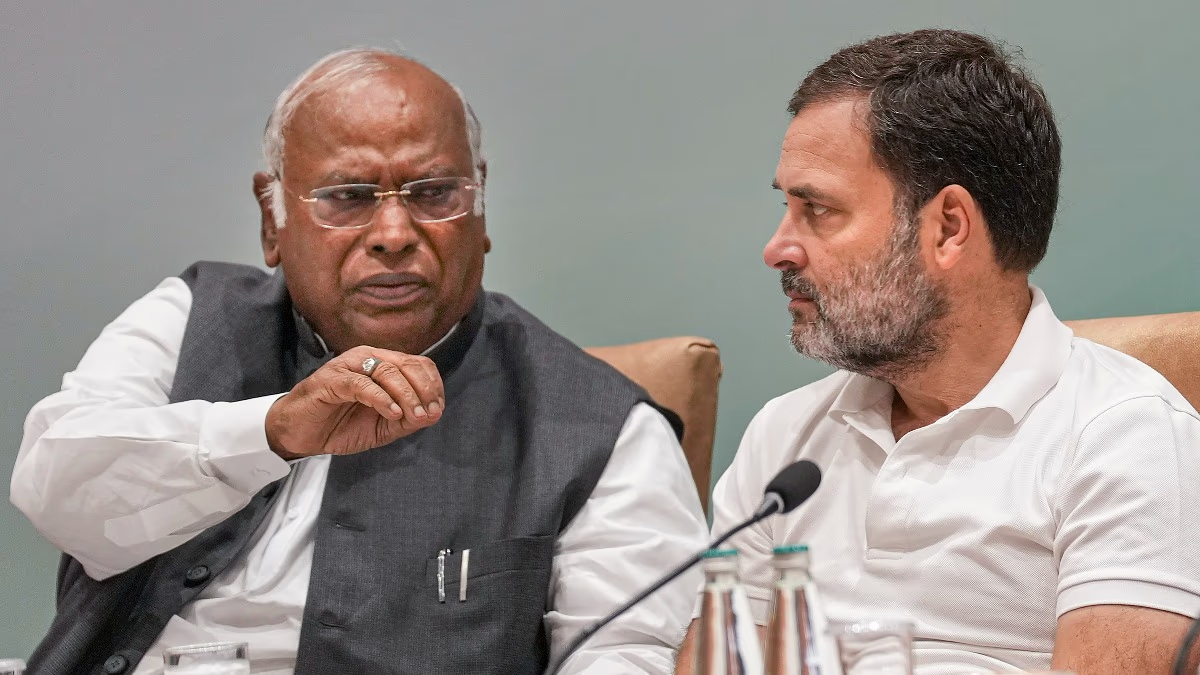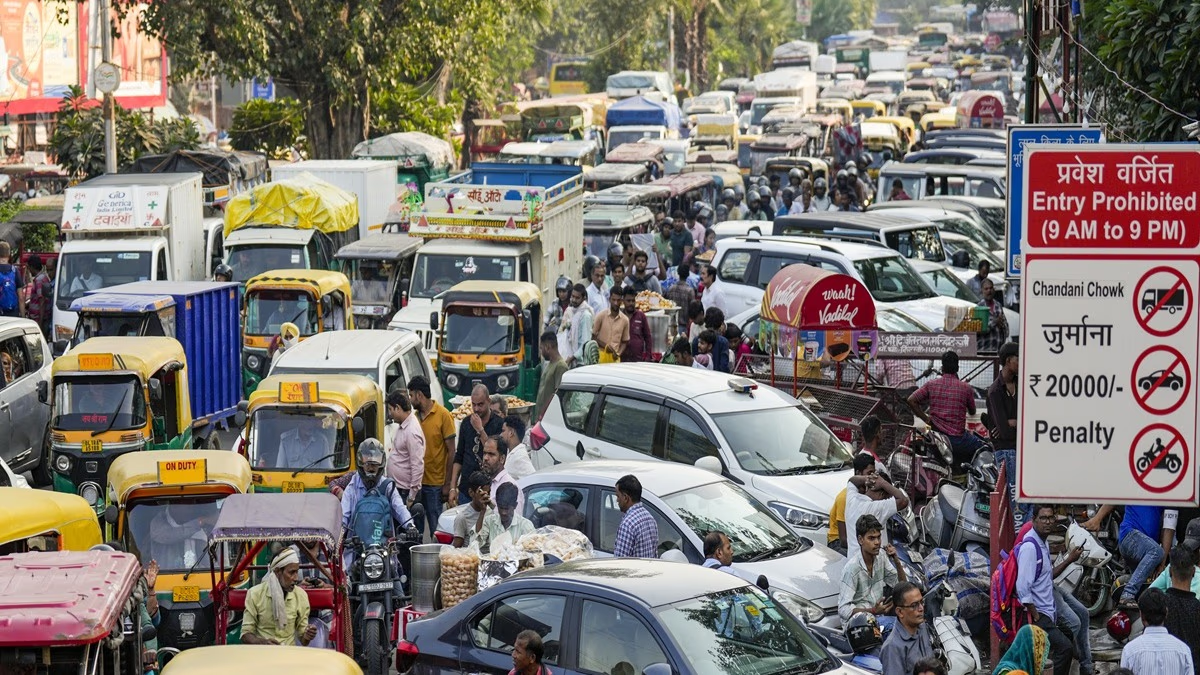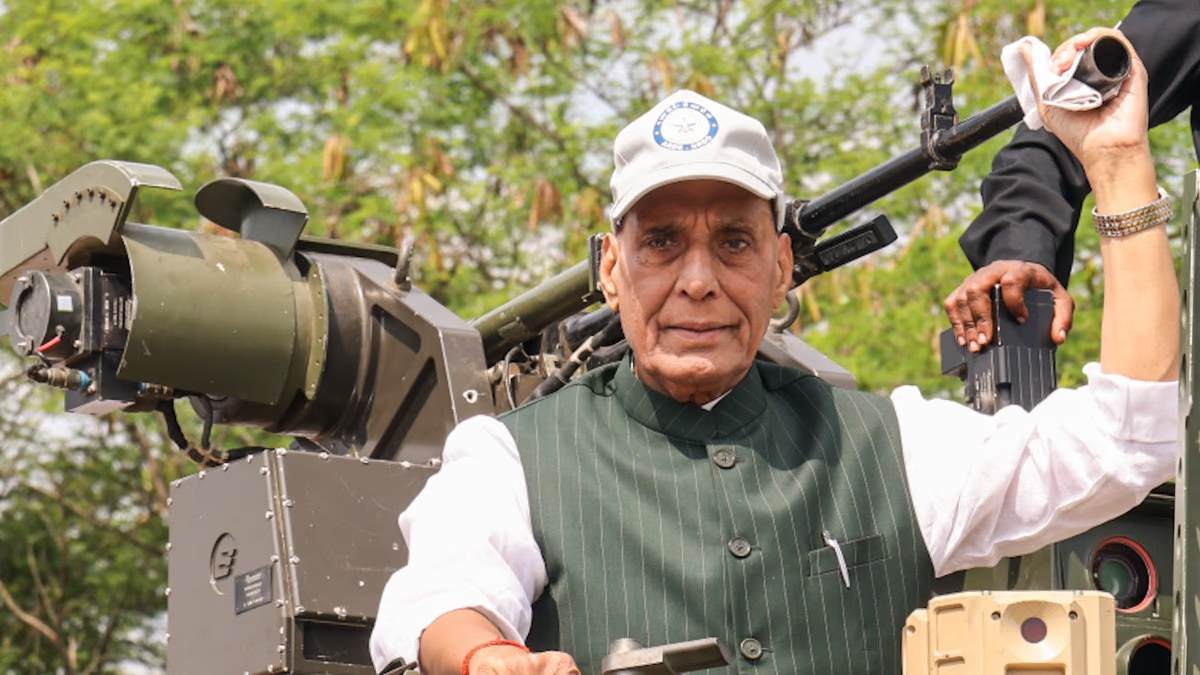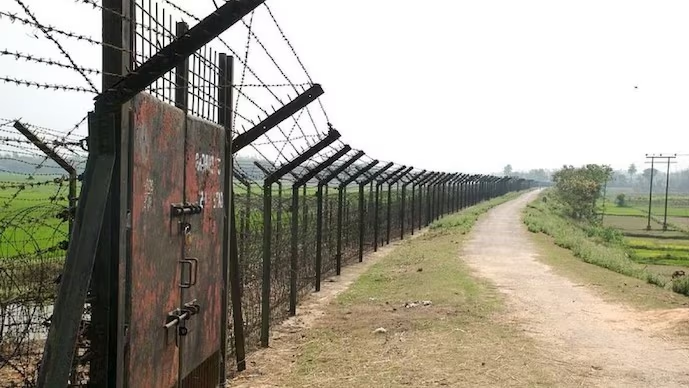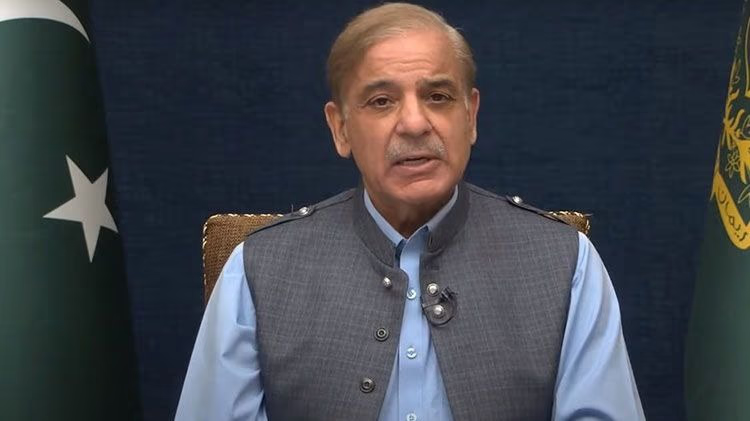Politics can be as unpredictable as show business. Just as one successful act opens many doors, a failure can lead to darkness. After partial success in the Lok Sabha elections, some thought Rahul Gandhi was the PM-to-be. But losses in Haryana and Jammu & Kashmir have embroiled him in controversy, even among allies. The INDIA alliance partners have intensified pressure on Congress, alleging its stubbornness weakened potential coalitions. Parties like AAP, SP, Shiv Sena UBT, TMC, and DMK have aired grievances. The question arises: is Rahul trapped in the alliance, or can Congress maintain its influence without bending to coalition pressures?
1-Whose Mistake Was It in Haryana: Rahul Gandhi’s or AAP’s?
In the Haryana assembly elections, both Congress and BJP garnered nearly equal votes, with BJP at 39.94% and Congress (with CPM) at 39.34%. AAP recorded around 1.8%. Several seats slipped due to Congress missing AAP votes. Rahul knew this and publicly suggested exploring an alliance with AAP. However, the local Congress unit in Haryana, including all factions, declined a coalition. Blaming the Hooda father-son duo alone wouldn’t suffice. Though Congress tried negotiating with AAP, it didn’t pan out. Holding Congress solely responsible ignores AAP's unyielding demands. Their vote shares reflect why no coalition emerged in Haryana.
2-Is the Samajwadi Party Deliberately Undermining Congress?
On Wednesday, SP announced candidates for six out of ten upcoming by-election seats in UP, seemingly challenging Congress. The timing coincided with a significant setback in Haryana, potentially undermining Congress. Since dates were not announced, the haste is questionable. Could it be an attempt to blackmail Congress? SP spokesperson Ashok Yadav claimed early announcements allowed prep time and reassured attempts to accommodate Congress, hinting at a power shift. During Lok Sabha elections, Congress aided SP significantly. Their candidate announcement for Karhal, Sisamau, Phulpur, Milkipur, Katehar, and Majhwan symbolized weakened Congress bargaining power.
Despite reassurances, Congress’s contribution to SP's earlier successes cannot be understated. Their coalition attracted Dalit support due to Congress's sway, not just SP's PDA formula. Traditionally, UP’s Dalits haven't aligned with Yadav-dominated SP.
3-Uddhav Thackeray's Strategy with BJP Mirrors His Approach with Congress
Following the Haryana setback, Shiv Sena UBT quickly targeted Congress. Several factors fuel Uddhav Thackeray’s discomfort with Rahul Gandhi, notably his aspirations for the Chief Minister candidacy under the coalition’s aegis, which Rahul and Sharad Pawar didn't endorse. Visiting Delhi with his son and ally Sanjay Raut, Uddhav’s insistence on leading despite earlier small seat offers with BJP is notable. This push for leadership persists despite Congress’s superior Lok Sabha performance compared to Thackeray’s and Pawar's parties.
In 'Saamana', the party organ, Shiv Sena UBT critiqued Congress for not allocating seats to AAP and SP in Haryana. According to the editorial, overconfidence among local Congress leaders contributed to the loss. Shiv Sena's MP Sanjay Raut commented that Congress anticipated a win without sharing power.
4-Congress Didn't Lose in Haryana; BJP’s Political Management Triumphed
The factions baying for Congress’s blood should understand it's not Congress’s unpopularity that led to the defeat. The vote shares reflect rising trust in Congress. Its foundational role in India has irreversibly embedded it in the national psyche. When disappointment with BJP arises, citizens will instinctively turn to Congress. Whether in UP, Delhi, Maharashtra, or Bengal, Congress holds the broadest base. BJP's victory in Haryana was a masterstroke in political maneuvers, capable of stirring division in the INDIA alliance.
